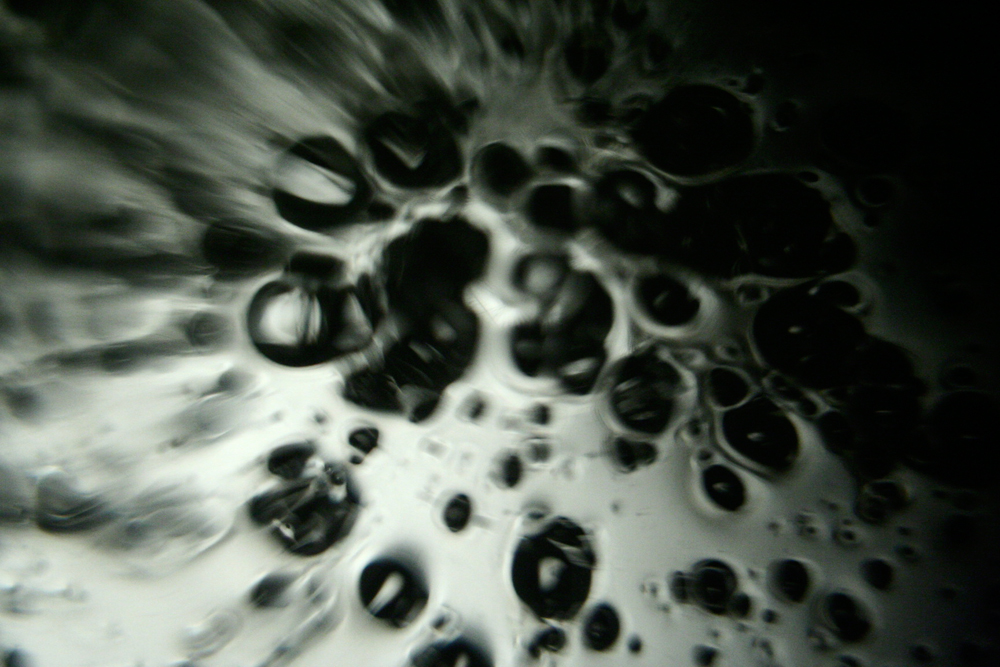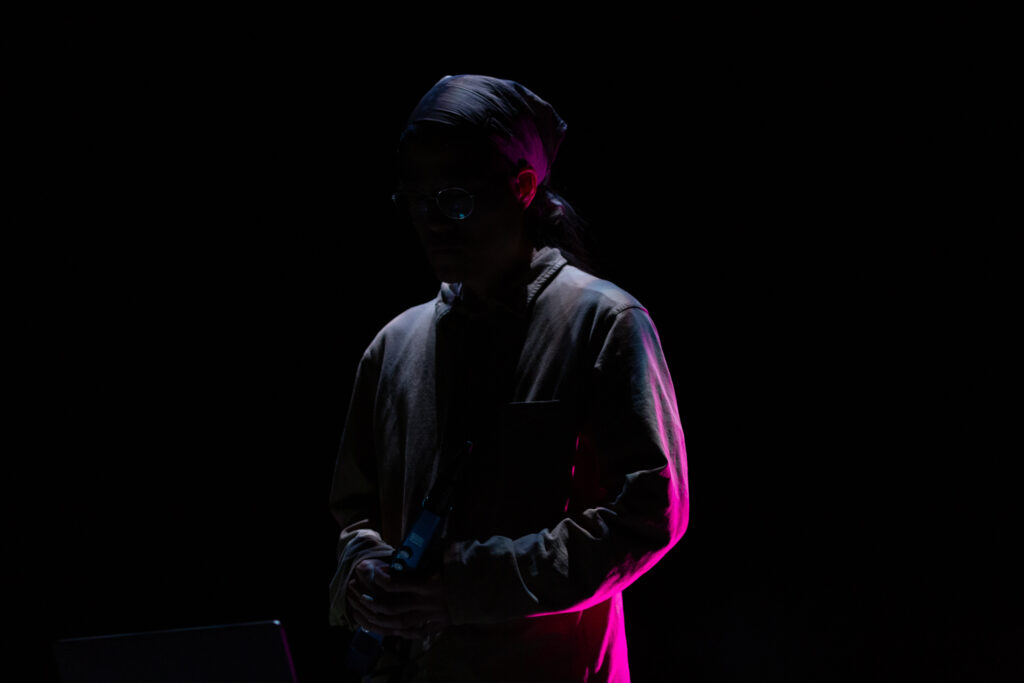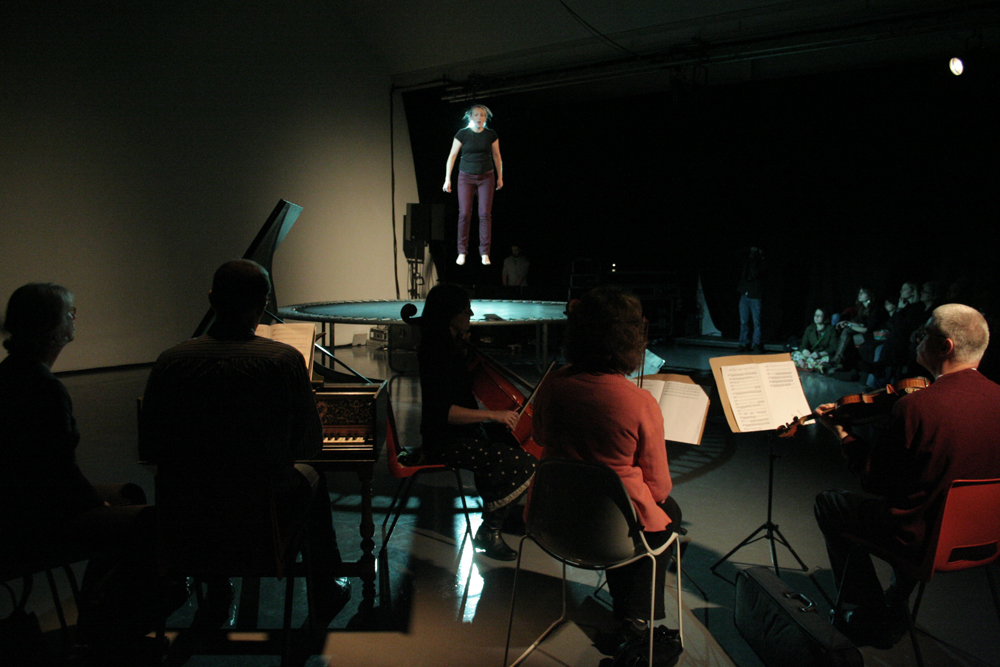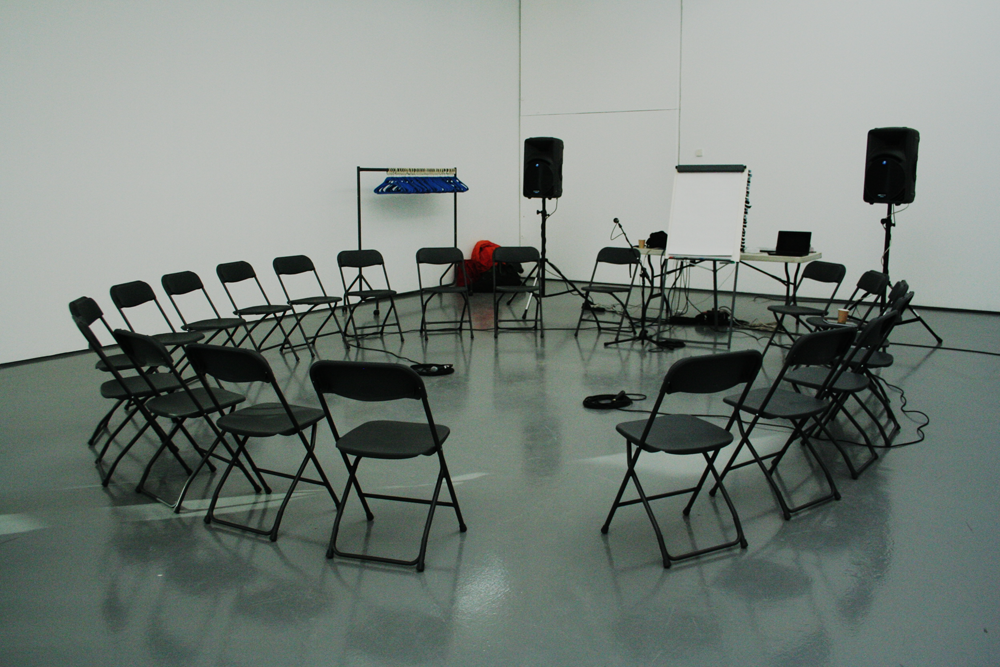
Hit Parade
Christof Migone
Can we use sound, repetition and difference to personally and collectively engage with space, time and labour?
Arika have been creating events since 2001. The Archive is space to share the documentation of our work, over 600 events from the past 20 years. Browse the archive by event, artists and collections, explore using theme pairs, or use the index for a comprehensive overview.

Can we use sound, repetition and difference to personally and collectively engage with space, time and labour?

A poet, playwright and activist, Sanchez emerged as a seminal figure in the 1960s Black Arts Movement, writing in the name of black culture, civil rights and women’s liberation.

How black radical practices of abolition imagine a way out of the caging and mass killing of life.

Ken presents his Nervous Magic Lantern, wherein film itself is forsaken for an investigation of hypnotic and trancelike crystaline forms. Eric La Casa works with recordings of everyday occurrences: the background hum of place.
Amid the blur of erotics, the jangle of poetics, and the fetishizing of sickness and disability, the heat of Panteha’s performance and sculpture freezes all.

A dense materialist experience at the limits of contemporary computer music, drawing on Korean Shamanism and Communism; striving to create a strange new vibration to the world that seems to contain the seed of everything.

A chorister attempting to sing Vivaldi, with live accompaniment, while trampolining for 20 minutes.

Loïc and Marc are proposing a series of investigations into the tension between improvisation and recording and how it can be used to engage with different spaces and environments around Dundee

A dance party love letter to our community, expressing the joy of relation in the abstract and through actual physical proximity.

How can we imagine bodies not as an end in themselves, but as a medium through which we can become one another’s means?

Heat-mapped bodies, found porn films, Korean psyche-folk, creepy police intrusion and self-defence.

Dworkin asks: What would a non-expressive poetry look like? A poetry of intellect rather than emotion?